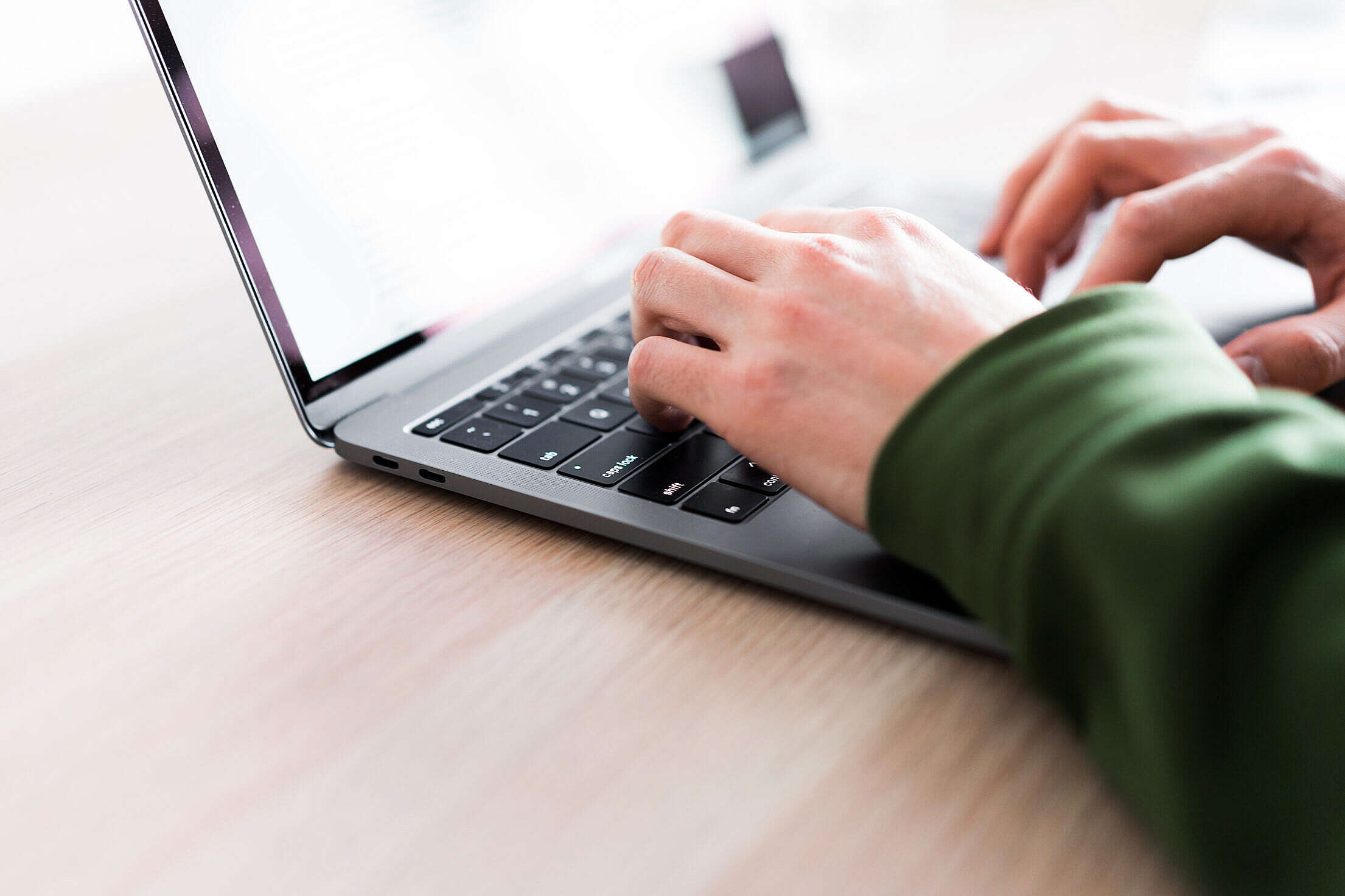A reliable computer is a must now that remote work setups have become the norm. Ideally, you want one that will be your work companion for the long haul.
But every gadget has an expiry date. There will always be a time when it will not be as effective a tool as it used to be, and it will be time to replace it. But aside from its natural life cycle, other factors affect how long or short a laptop’s lifespan is.

Your habits are the biggest determiner of how long they will last. Taking care of it well will keep it in good shape for longer, but bad habits can severely damage it. The earlier you change these bad habits, the better it will be for your laptop’s lifespan.
Bad Habits Damaging Your Laptop
We have listed several poor practices that reduce your laptop’s effectiveness over time and what you can do to fix them.
1. Not Placing Your Laptop on a Flat Surface
Since a portable laptop is easy to carry and place on your bed or the couch or even prop up on a pillow. This is convenient, but it poses several issues for your device.
Firstly uneven surfaces increase the risk of a fall, which can have drastic consequences. If you are lucky, this only leaves a few ugly dents on your laptop. Worse outcomes will require you to bring the computer to a professional for screen or other internal repairs.
Also, placing it on a plush surface can cause the laptop to overheat. This occurs because airflow is blocked underneath the device, making its cooling system ineffective.
As much as possible, work on a desk to ensure the protection of your laptop. Using it in bed, use a lap desk instead of a cushion.
2. Using Harmful Materials to Clean Your Screen
Another mistake you may be making is using strong cleaners to wipe dust and other dirt from your screen, especially if it is a regular LCD one. Pairing this habit with rough rags and paper towels can scratch and damage it.
Use a microfiber cloth to clean your screen to prevent scratches. Lysol is safe to use if your laptop screen is made of glass. Otherwise, rely on a microfiber cloth to do the cleaning for you.
3. Poorly Managing Your Battery
The battery life of your laptop will decline the longer you use it. However, you could be speeding up its decline.
One thing you may be prone to doing is letting your battery fully discharge before plugging it in. This hurts the health of lithium-ion batteries. Avoid this practice by charging your laptop just before it alerts you to go into energy-saving mode or the battery is almost empty.
PC Mag says, however, that lithium-ion batteries can manage being plugged in overnight without consequences. You don’t have to worry too much about charging your laptop (or your phone) before you sleep, as the setting stops when the battery is full.
4. Having Inadequate Security in Place
You may feel safe when you browse the internet because you only visit legit websites. Unfortunately, even “safe” websites can have malware you might let slip because you don’t have an antivirus installed.
Use an antivirus that provides warnings if a website you are visiting poses a threat to your security. Run a computer scan regularly to ensure that none of your local files are infected. Also, be sure that your operating system and security software are up to date for the best protection.
5. Eating While Using Your Laptop
When you lounge around on the weekend, you want to lie down and watch a movie on your computer while having a snack or two. If crumbs fall on your laptop, it can make the keys harder to press and damage other switches.
Don’t eat while you are using your laptop. If you need to work while eating, keep your food away from your laptop surface to prevent particles from falling into its tiny spaces.
Handle Your Device with Care
Ultimately, it just boils down to treating your laptop with care. Mind how you carry it around, where you place it, and how you use it on a typical day. Handle your computer as you have only owned it for a week—it is an investment.




